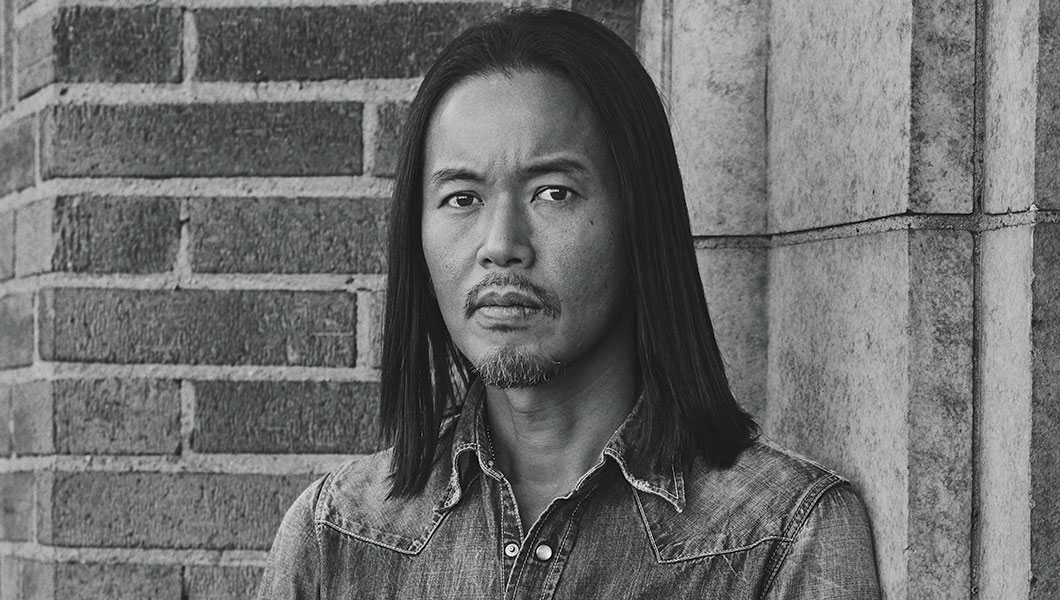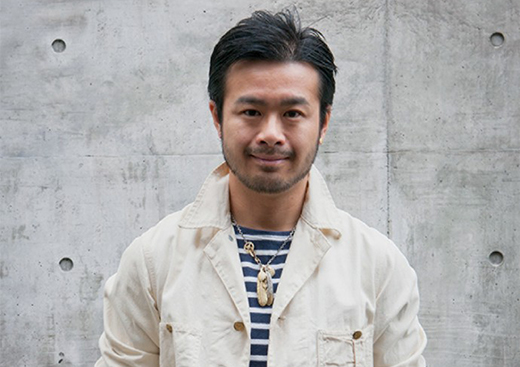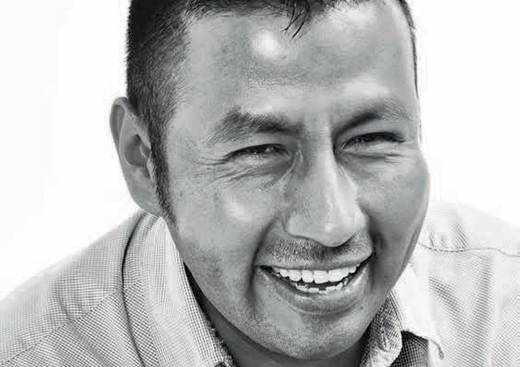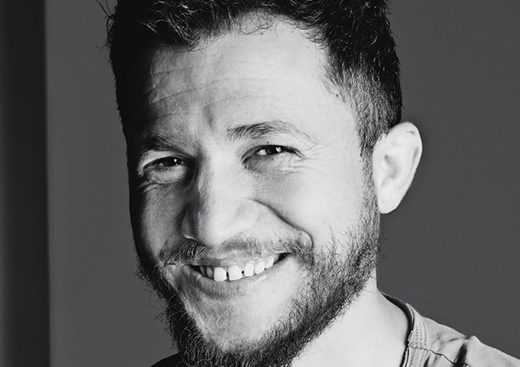In the past month alone, Hiroruki “Hiro” Ikuta has put over 1,000 miles on his car. That doesn’t sound like anything out of the ordinary for an average Angeleno, but it’s practically a milestone for Hiro, who clocked in less than that during the two years he owned a car in Japan. But now, as a newly minted Redondo Beach resident, a car is not only essential to his daily commute to Downtown Los Angeles; it’s symbolic of his new life in America.
“In Japan, I took the train every morning and night. You just stand and listen to music. There’s not even room to read a book, or space to make a move. You just stand there,” he says. “Even though we have traffic here, the car is your own private space. You can think without pressure from everyone else. That’s a good thing.”
Add it to the ever-expanding list of things Ikuta is enjoying since moving to the West Coast to take on the role of Citizens of Humanity’s general manager of international production and fabric sourcing. “California is a place of dreams for everybody,” says Ikuta, who was born and raised in the Japanese port city of Yokohama, as the younger of two children. His formative years were spent at a private boys’ school, where soccer was his passion, though occasionally fashion did come into play. Weekends meant trips to Tokyo, where the latest European and American designs were regularly on display, thanks to both a strong foreign military presence in Japan and the country’s booming economy. “At that time, we could only wear a school uniform, and that stuff was so expensive for high school students, so we got a lot of things secondhand,” says Ikuta, who during school days was resigned to wearing a sailor-like uniform, which now makes him chuckle.
Ikuta graduated and went on to study economics at Yokohama University, and, inspired by a friend who had matriculated ahead of him, applied for a job at a major national trading company that handled both imports and exports across a variety of fields, from textiles to energy. Ikuta, then 22 years old, was selected to join the fashion sector, where, in typical Japanese style, he immersed himself in everything from logistics to accounting, working 16 hours a day or longer—sometimes even sleeping at the office.
Three years later, Ikuta was offered a position in domestic textile sales, where he began to study the intricacies of Japanese denim. “I learned a lot about quality control issues, and what makes a fabric good,” he says. He brought his knowledge to the European market for the next seven years, working with clients ranging from Diesel to Replay, and began developing his own fabrics for his company. “Denim has a long history, but it keeps changing. It’s a simple indigo-dyed fabric, but it can still be improved,” he says about what draws him to his work.
In 2008, he was sent to Hong Kong to manage the company’s business in China in addition to his European clients. It was during this time he first crossed paths with the Citizens of Humanity team. It took three years before Ikuta finally came on board with the brand, fulfilling not only his dream to move to the United States but also to work for a company that made its own product. “The name, Citizens of Humanity—it sounds good to me,” says Ikuta. “It’s representative of my lifestyle. I like people. I like to be honest with everybody. It’s one of the reasons I joined this company.” This spring, he packed up his life (including 80 pairs of his 150-strong collection of denim) and headed for the Golden State.
In addition to his new role, Ikuta is also learning his way around the culture of the American workplace—a far cry from the rigid structure of a Japanese corporate environment. “Here, everybody has their own freedom, and that comes in the form of responsibility. Everyone has to be mature. In Japan, responsibility only comes with age,” he explains.
Even the finer points of life in America, like food, have taken some getting used to. “When I was younger and first came [to California] for sales meetings, I was quite fanatic about real American hamburgers,” he says with a laugh. “I used to try a lot of that kind of stuff.” These days, however, it’s all about the abundance and affordability of fresh, organic vegetables, which are expensive to come by in Japan.
But for all the differences between Ikuta’s life in Japan and California, there are similarities, too—most notably his love of water sports, including sailing and more recently surfing. “My hometown is near the beach,” he says of his decision to settle on the ocean in Los Angeles, too, where he is now committed to surfing as often as possible.
“Surfing is like driving,” he says of his two passions. “When you ride your board or play in the waves you don’t feel pressure and you can think.”
Spoken like a true Californian.
—





